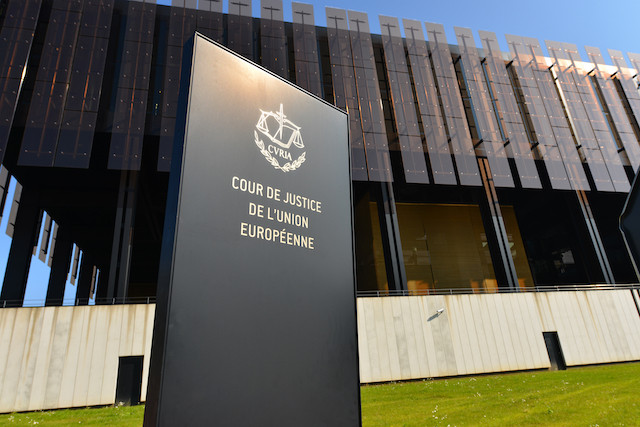The commission in 2017 had ordered Amazon to pay €250m in taxes to Luxembourg authorities, a decision contested by both the company and the country. The commission had argued that LuxOpCo, an Amazon subsidiary, had received illegal state aid between 2006 and 2014.
But the EU’s General Court on Wednesday said that “the commission did not prove to the requisite legal standard that there was an undue reduction of the tax burden and a European subsidiary of the Amazon group.”
The second-highest court called the commission’s analysis of the case “incorrect in several respects” and concluded that “none of the findings set out by the commission in the contested decision are sufficient to demonstrate the existence of an advantage.”
Luxembourg in a statement welcomed the General Court’s judgment, “which confirms that the tax treatment of the taxpayer in question under the rules applicable at the time does not constitute state aid.”
Amazon said the court's decision is "in line with our long-standing position that we followed all applicable laws and that Amazon received no special treatment. We’re pleased that the Court has made this clear, and we can continue to focus on delivering for our customers across Europe."
The commission can bring forward an appeal at the European Court of Justice, the EU’s top court.
In a separate case--on tax rulings granted by Luxembourg to companies in French electricity utility group Engie--the General Court did find the “existence of a tax advantage.”
The commission in 2018 had ordered Engie to pay €120m in taxes to Luxembourg claiming illegal state aid.
“The General Court finds that it cannot be disputed that the Engie group received preferential tax treatment,” it said in a statement, referring to intra-group financing structures endorsed by the rulings.
Luxembourg said it will “examine the judgment with all due diligence and reserves all its rights.” This decision, too, can be appealed at the European Court of Justice.
The European Commission--under competition commissioner Margrethe Vestager--in recent years has sought to crack down on tax rulings claiming they amount to illegal state aid. It had ordered Apple to repay €13bn in taxes to Ireland, a decision that was overturned by the General Court in 2020.
Vestager also lost a case against Starbucks, which the commission said owed around €30m in back taxes to the Netherlands. Cases against Nike and Ikea are ongoing.
The commission vice-president in a statement said: “Both judgments confirm once more a key principle: while member states have exclusive competence to determine their taxation laws, they must do so in respect of EU law, including state aid rules,” adding that the institution would study the next possible steps in the Amazon verdict.
“All companies should pay their fair share of tax. Tax advantages given only to selected multinational companies harm fair competition in the EU. They also deprive the public purse and European citizens of funds for much needed investments to recover from the coronavirus crisis and seize the twin transitions,” Vestager said.
Updated on 12 May at 4.30pm to include Amazon and the European Commission's statements.
